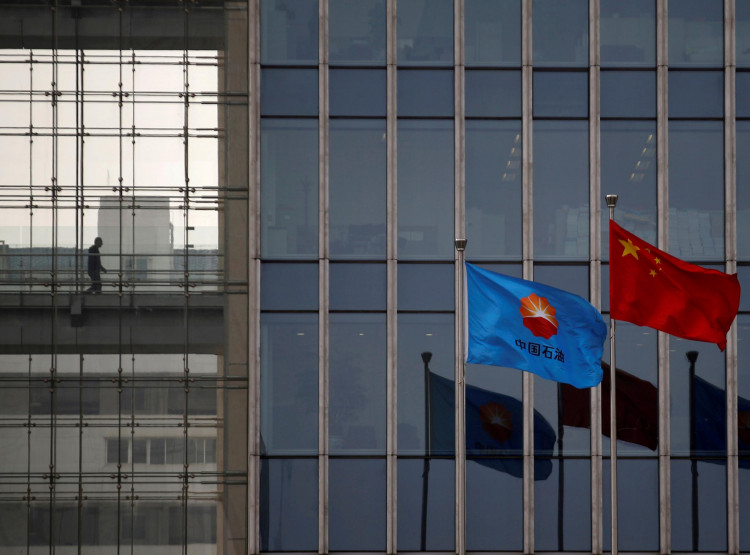A flood of trade-talk stories has contributed to a tumultuous year for the oil industry, but an unconventional buying policy has rendered it even more difficult for businesses supplying the teapots of China.
Because of a buying strategy known as "spike pricing", the independent refiners, concentrated in Shandong province, held their counterparties up all night. Instead of purchasing freight at a one-off rate based on monthly averages, the industry standard, such processors lock-in rates in parts over a span of about a month at different levels.
For example, if a teapot purchases a shipment of one million barrels of oil, it can pay for it as low as 1,000 barrels in different lots. If the refiner decides that prices look good enough, they purchase half of the delivery and can buy later.
So considering that oil usually moves more in European and American trading hours, many of these requests- sent via phone calls, email or instant messaging - are generated in the Asian night's wee hours.
Although trigger pricing provides teapots with an incentive to time their order to get a lower overall cost, their ability to outsmart the competition relies on a mixture of acumen and chance.
Nonetheless, because of their performance, counterparties like trading houses, oil majors, and state-owned Chinese companies find themselves plagued with instructions and paperwork.
Bigger trading entities like the Trafigura Group and Vitol Group cater to requests from their offices across Asia, Europe, and the United States. BP Plc also introduced a mobile phone app- BP TriGO- for teapots to submit their demands, assisted by a group of traders handling the orders in real-time.
Chinese companies including PetroChina Co. and Sinopec are working the teapots on standby 24-7 in Beijing. Fear of missing out on business means they have no option but to work at all hours for these businesses and others.
There has been a lot to keep them alive lately. Rapid swings in opinion on the U.S.-China trade relationship, White House tariffs, increased tension in the Middle East, and uncertainty over the production limits of OPEC have all buffeted this year's oil. Over the last 12 months, medium oil volatility in West Texas has reached 36.1 percent, relative with 25.7 percent in the prior year.
Trigger-pricing predates the teapots from Chinese purchasers of products such as soybeans and fuel oil, which have only been able to import crude since 2015. The high-risk strategy attracted businessmen who switched from other sectors, such as textiles and oilseed production, to refining.





